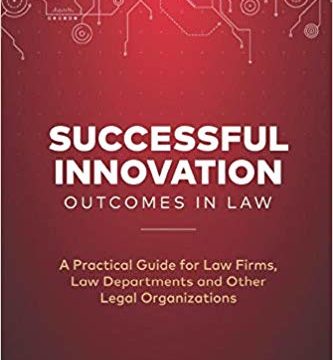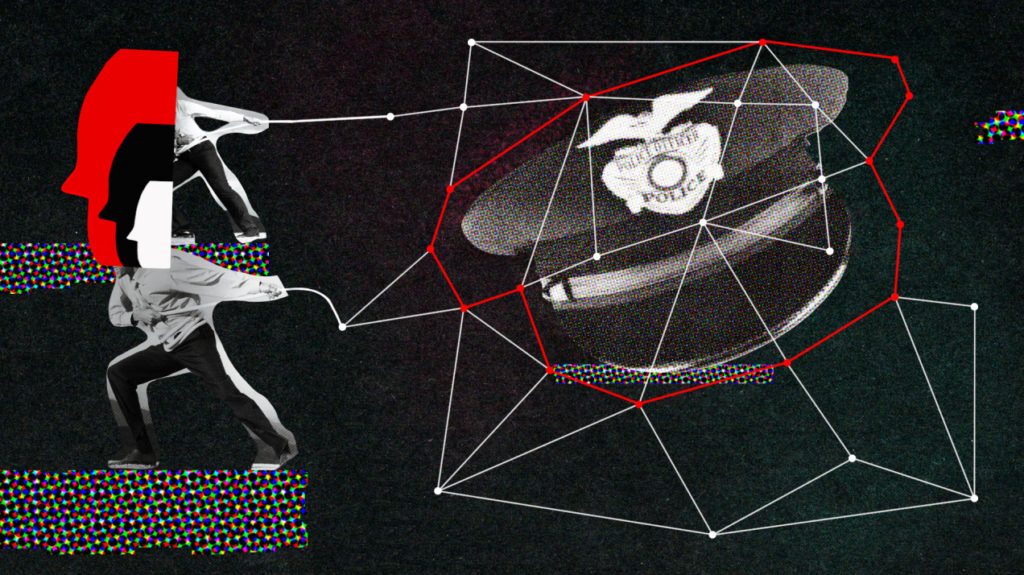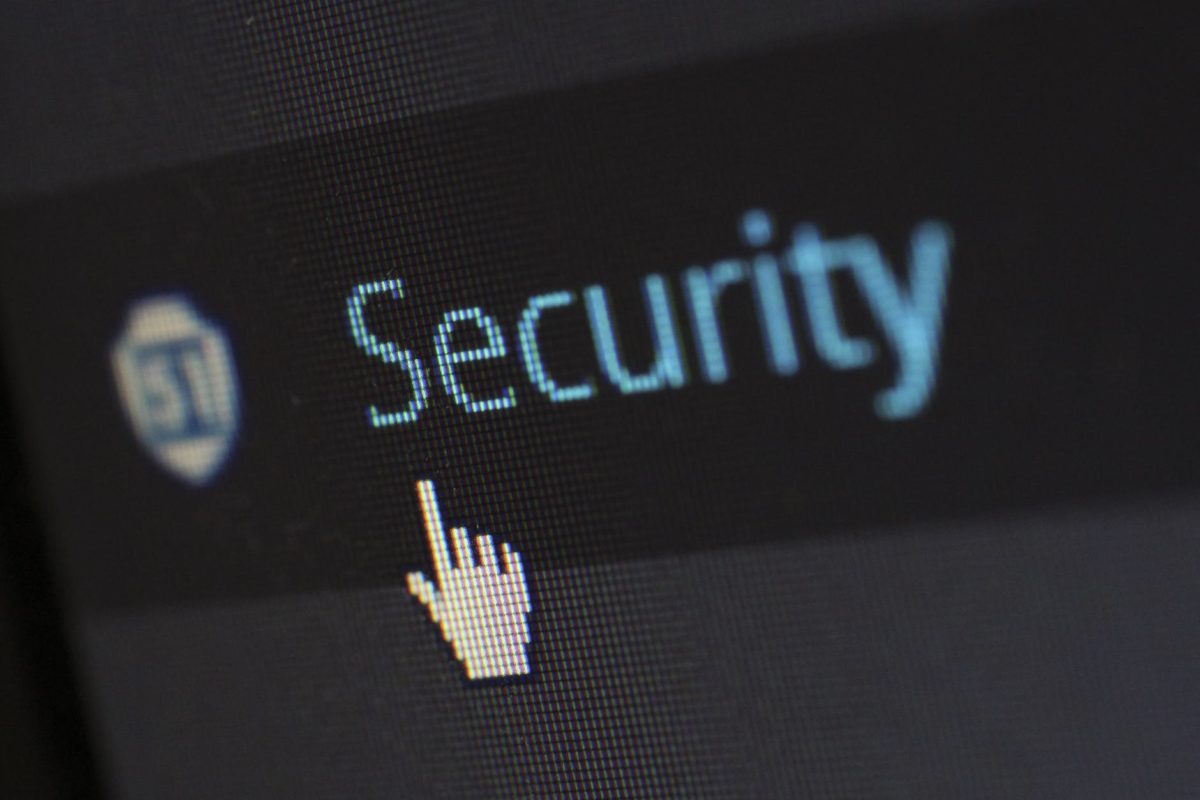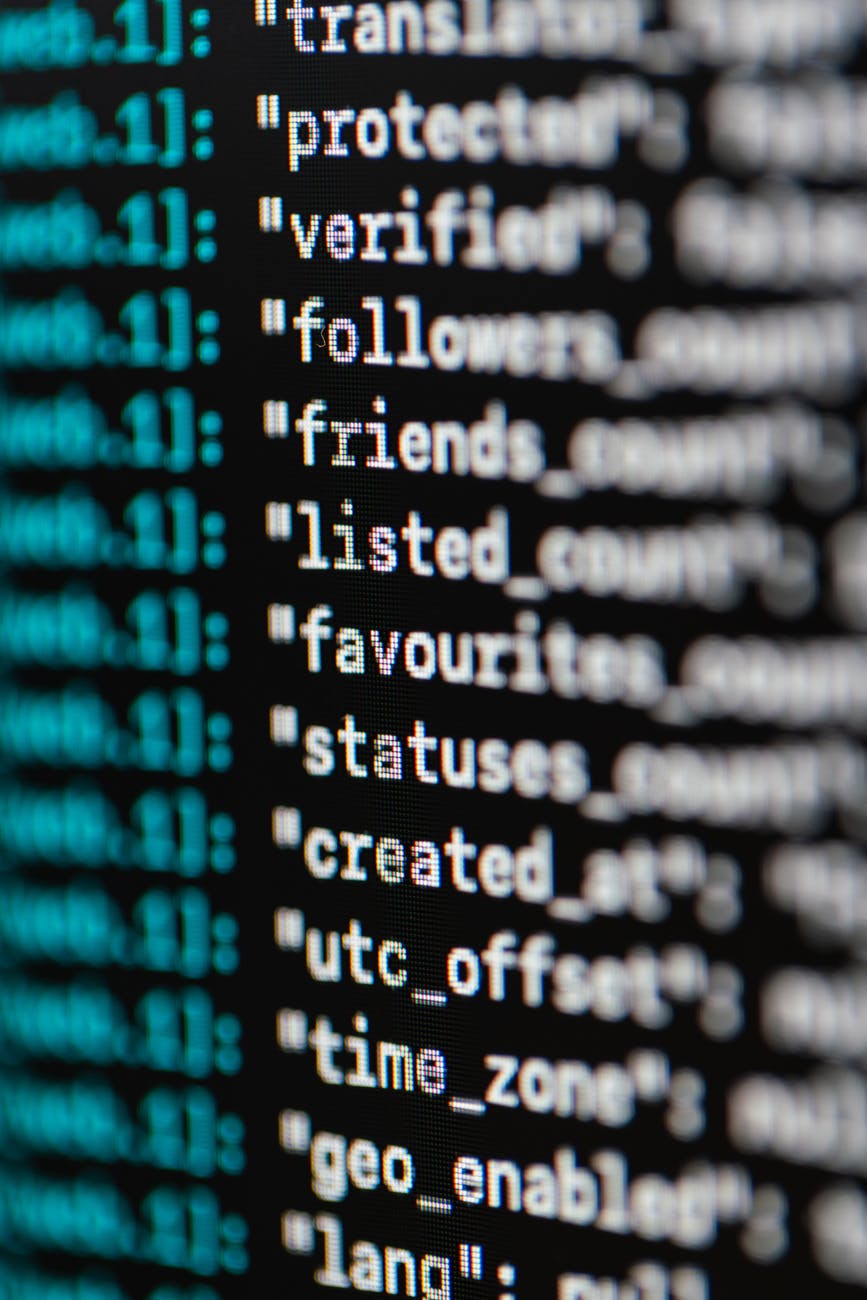Since having the pleasure of working with Dennis Kennedy for three years on The Internet Roundtable, an LLRX.com column about lawyer marketing on the Internet I’m not surprised at the quality of his new book, Successful Innovation Outcomes in Law: A Practical Guide for Law Firms, Law Departments and Other Legal Organizations. It’s now available from Amazon, where it has a four star rating.
Reviews are available from Artificial Lawyer and TechLaw Crossroads. The Kennedy-Mighell podcast contains some of Kennedy’s thoughts on his magnum opus. My preliminary assessment of this important book is at Amazon and I’m working on my own detailed review.
In the meantime, I note what may be the book’s most insightful observation:
[N]othing can prepare you for the Byzantine politics of a legal organization.
Dennis has well deserved reputation as an expert on legal technology He is also a dynamic speaker, worth considering the next time you are looking for a keynoter.





